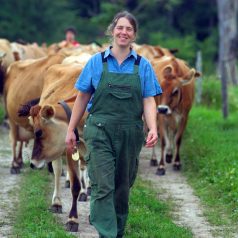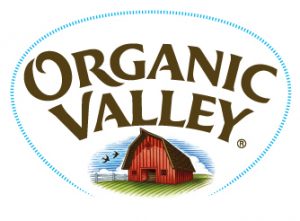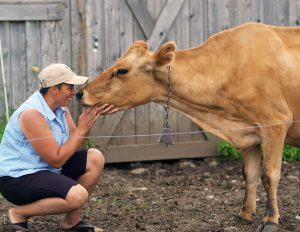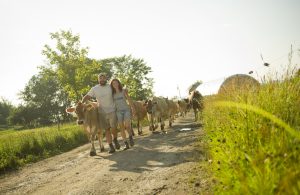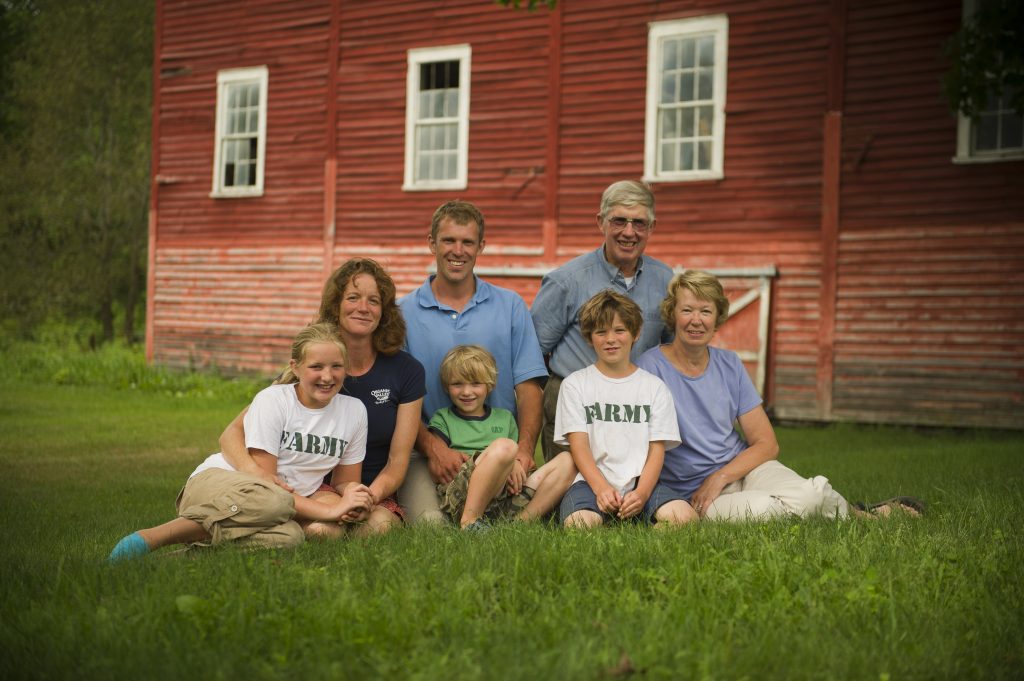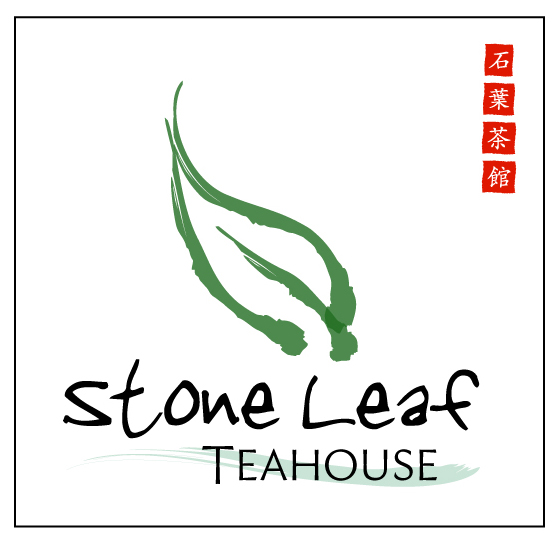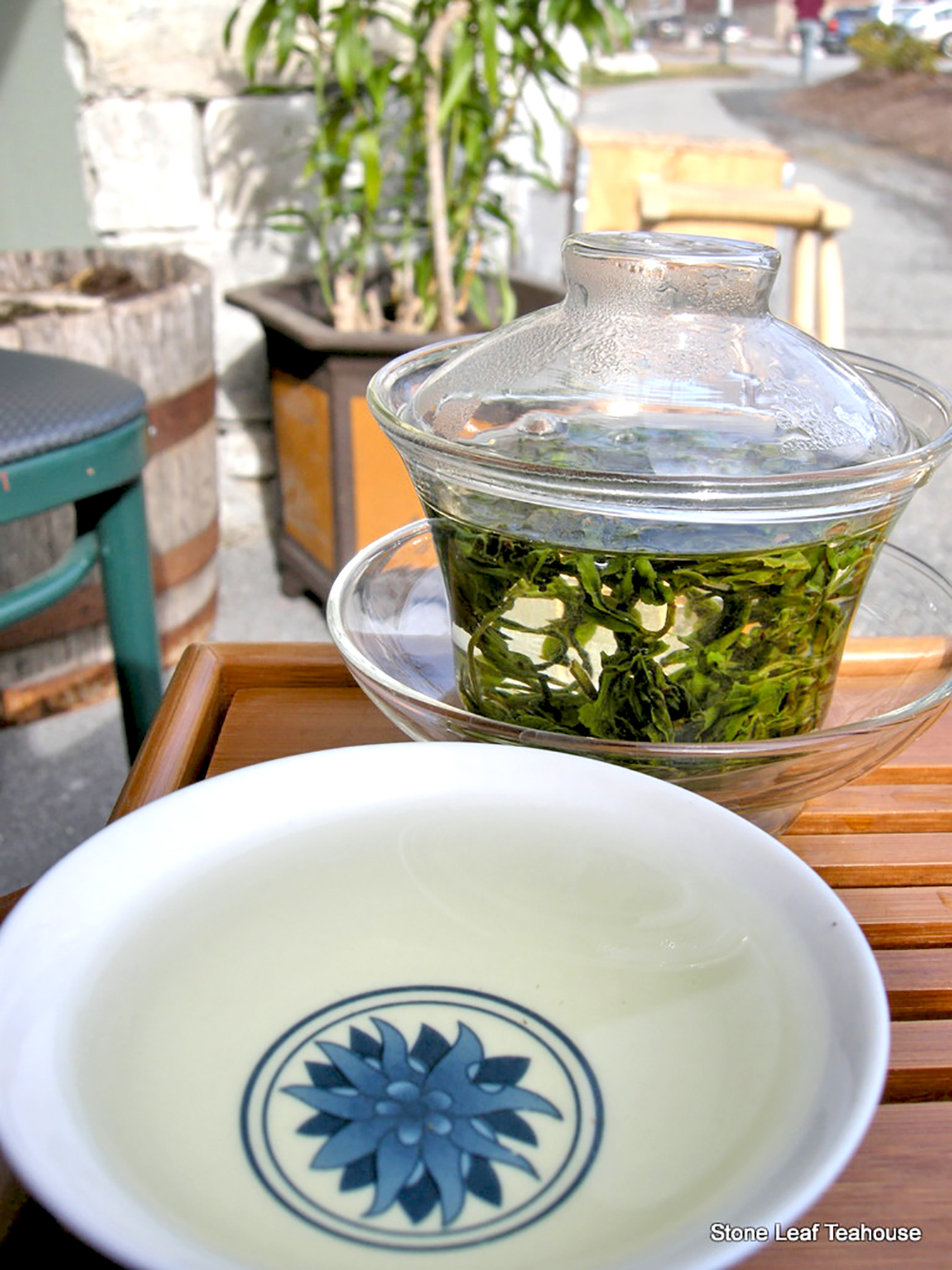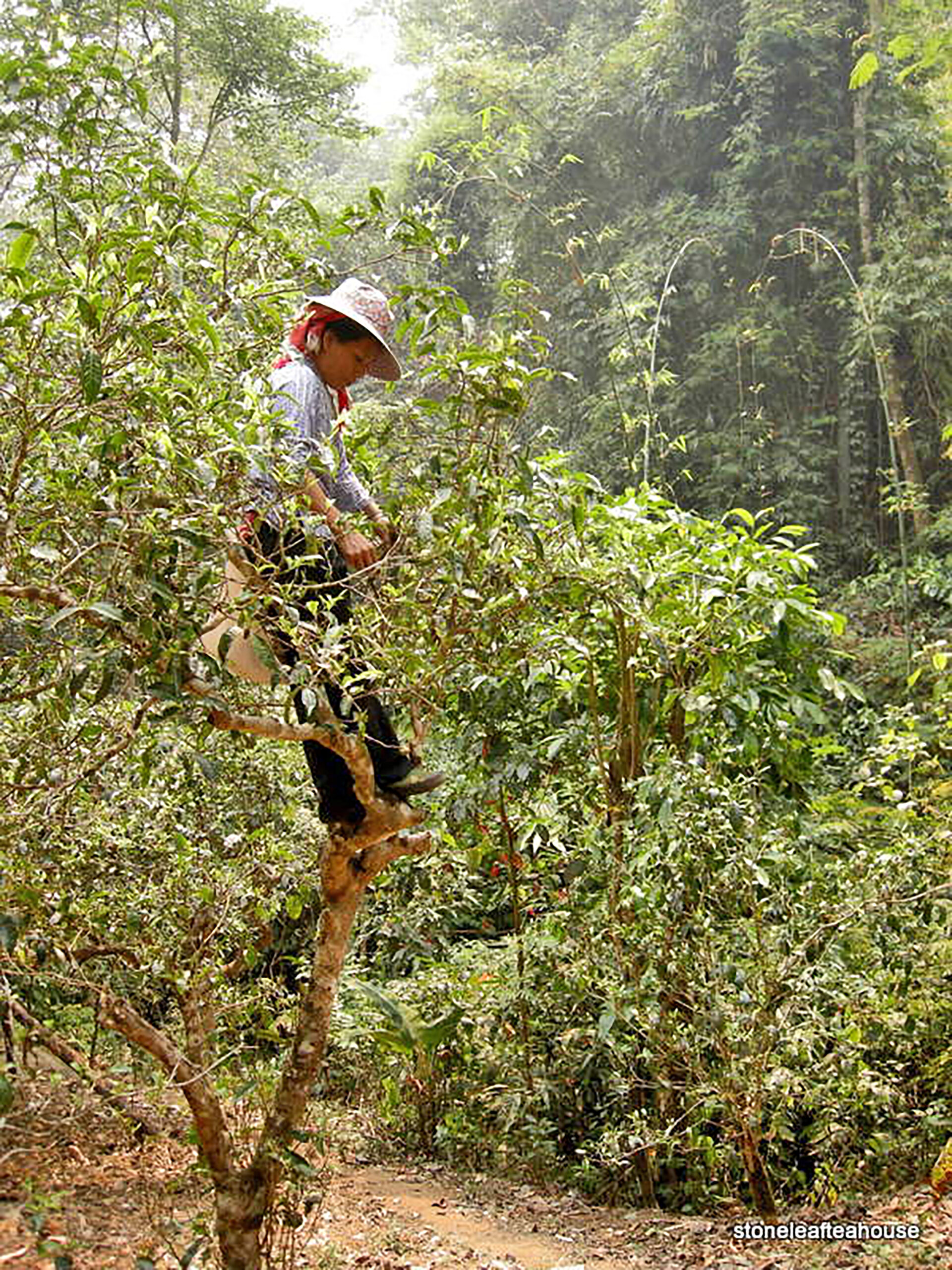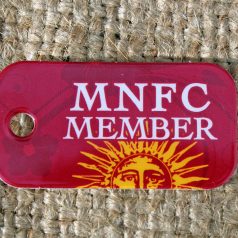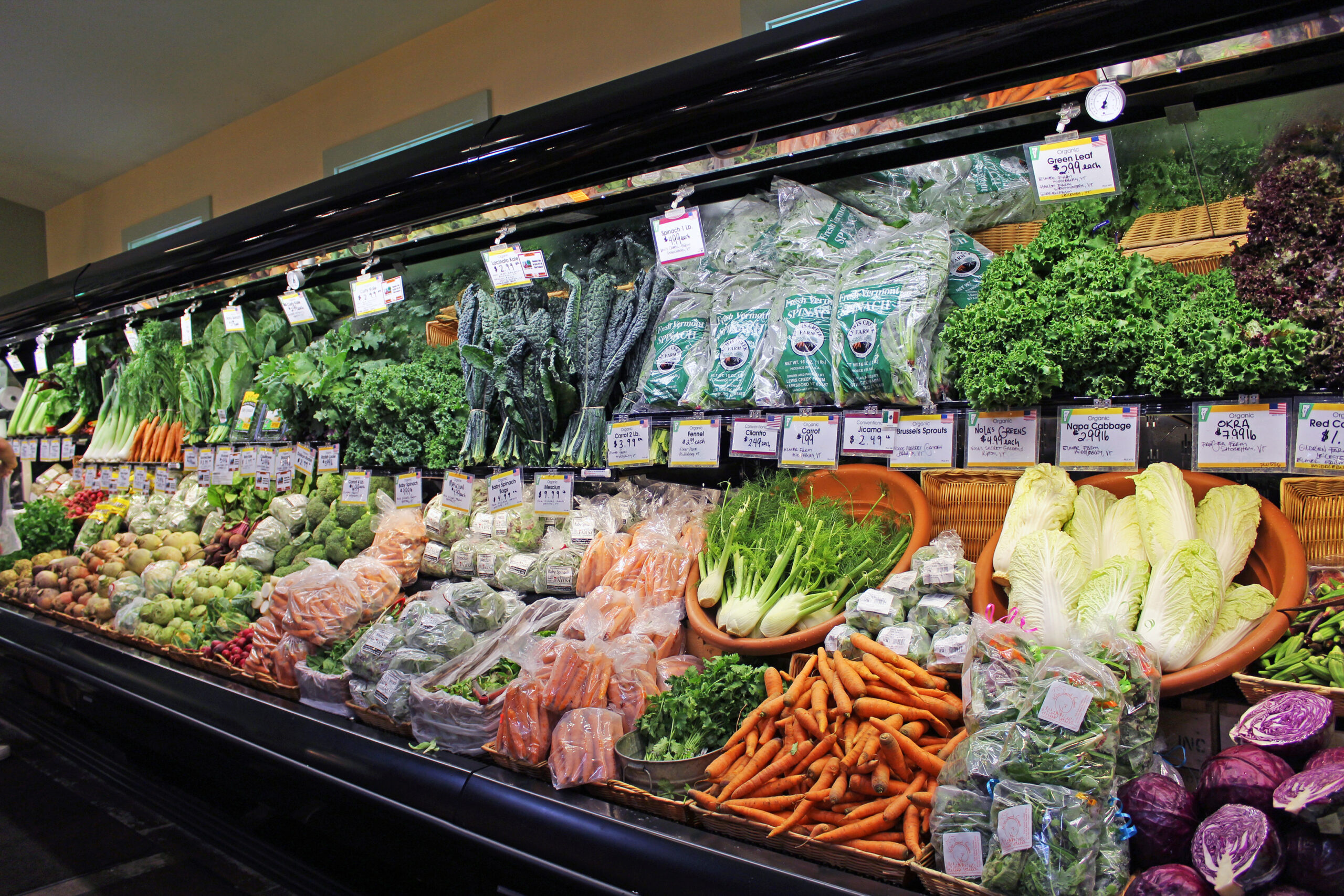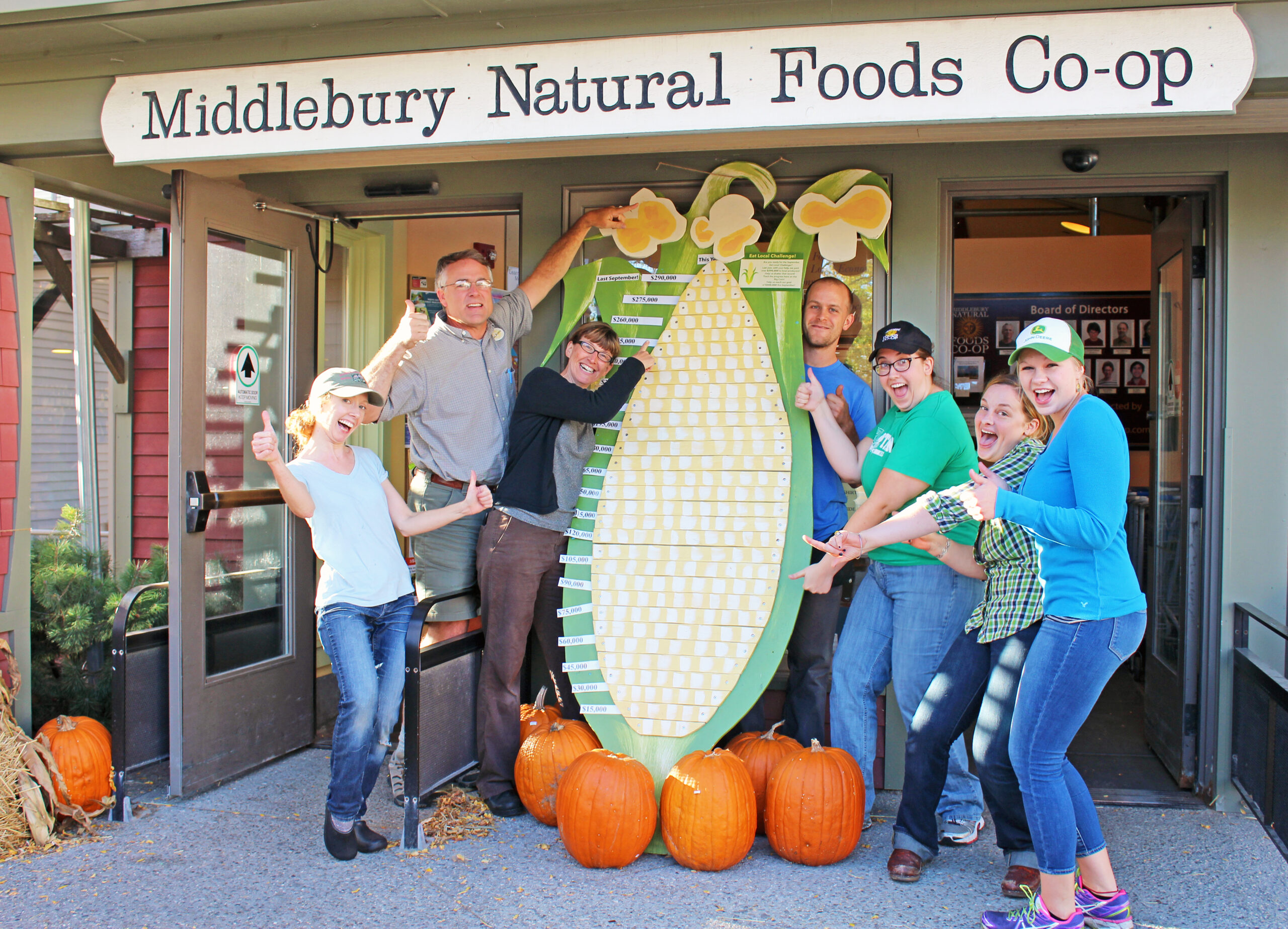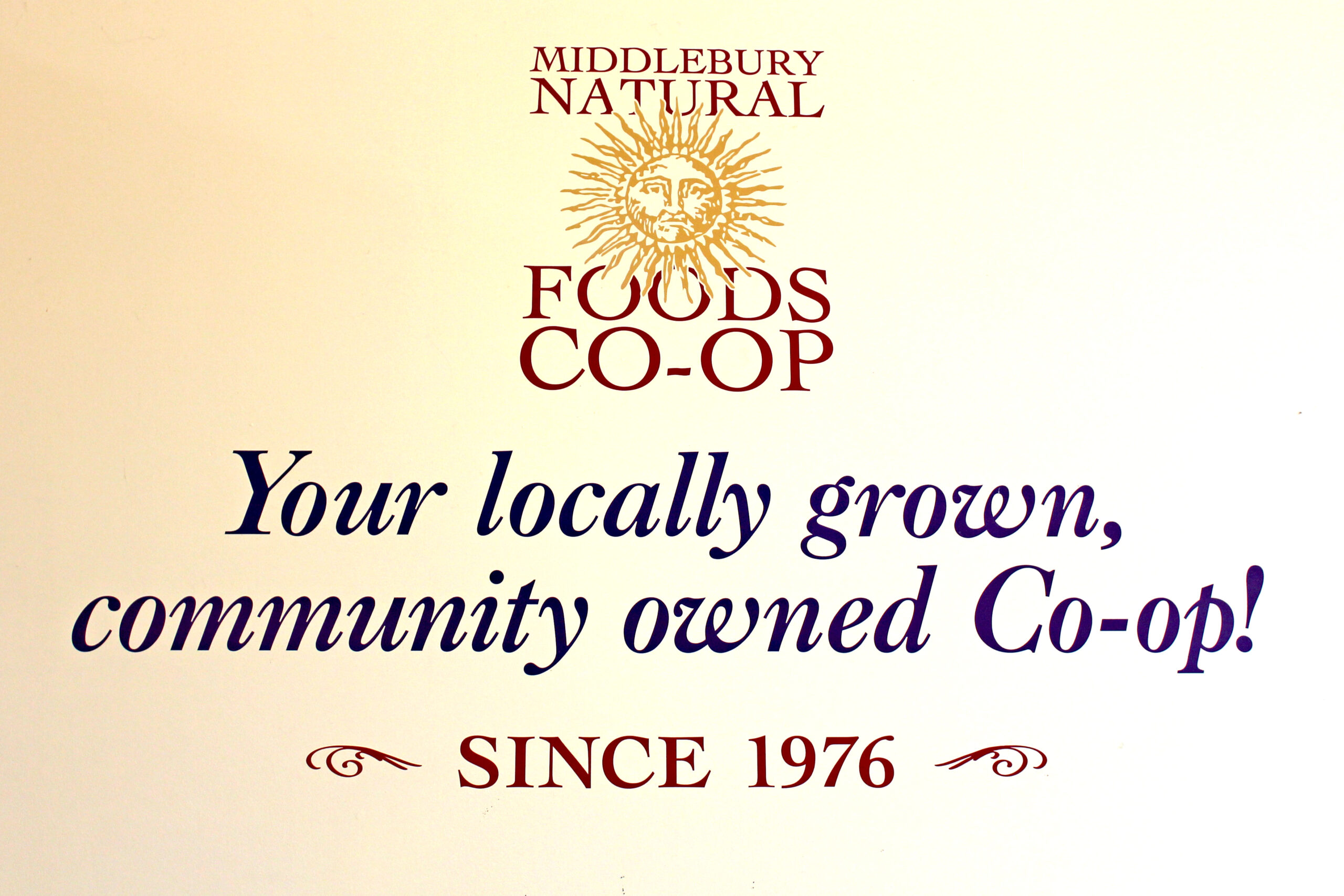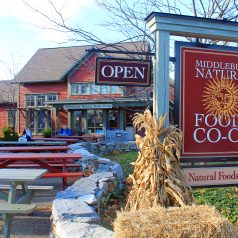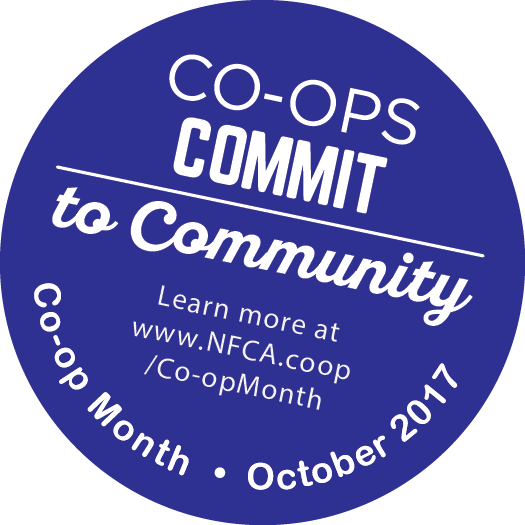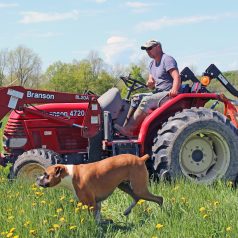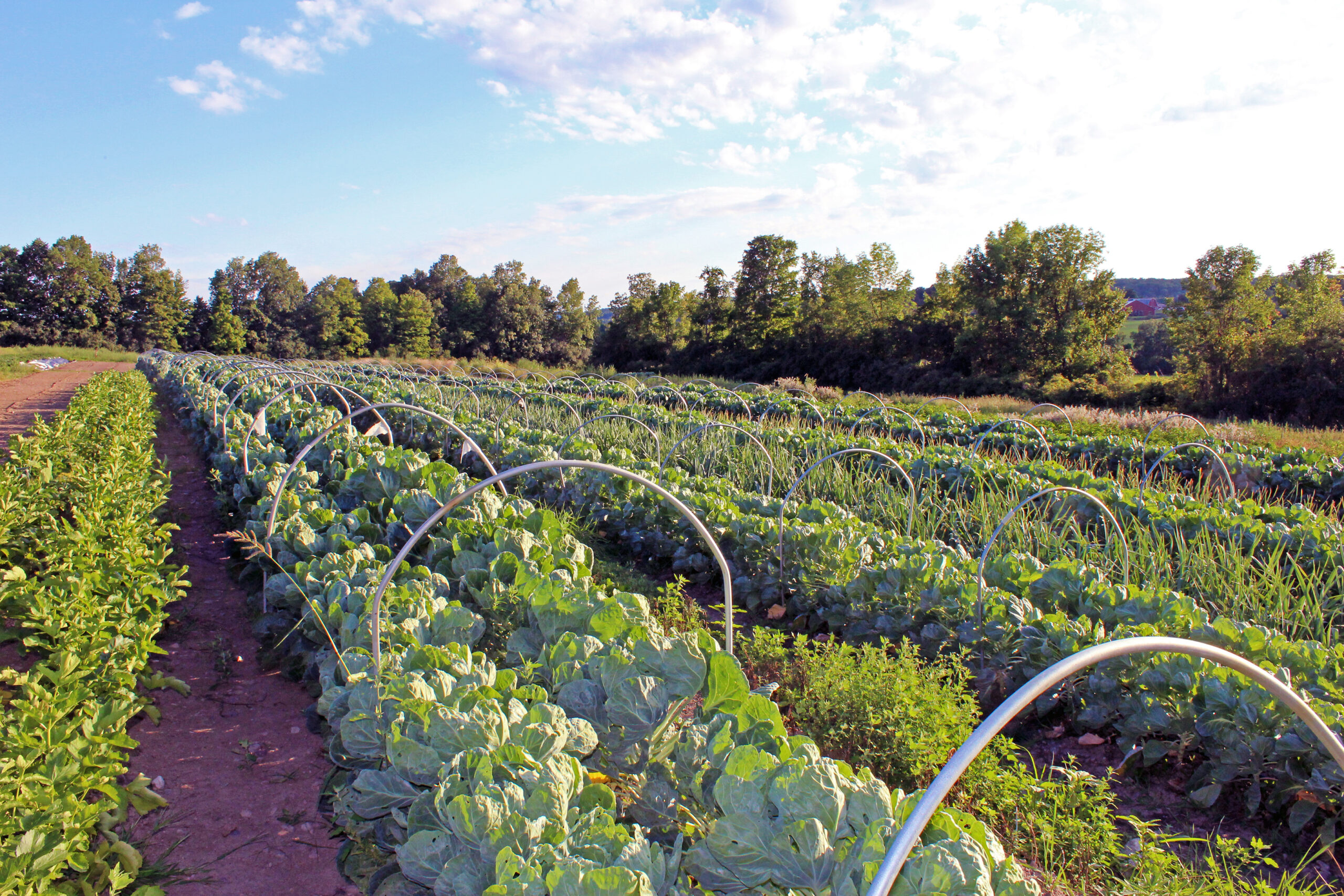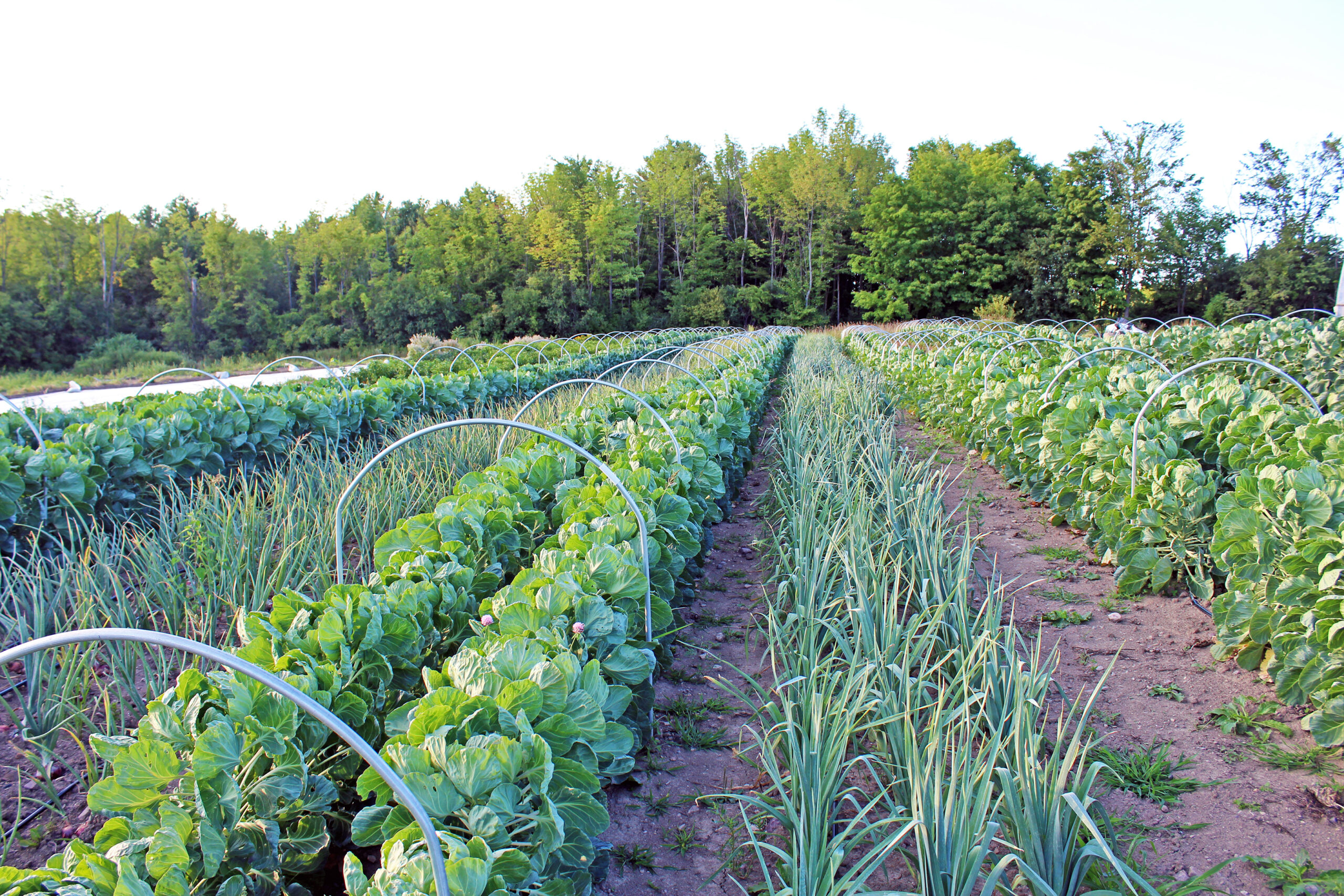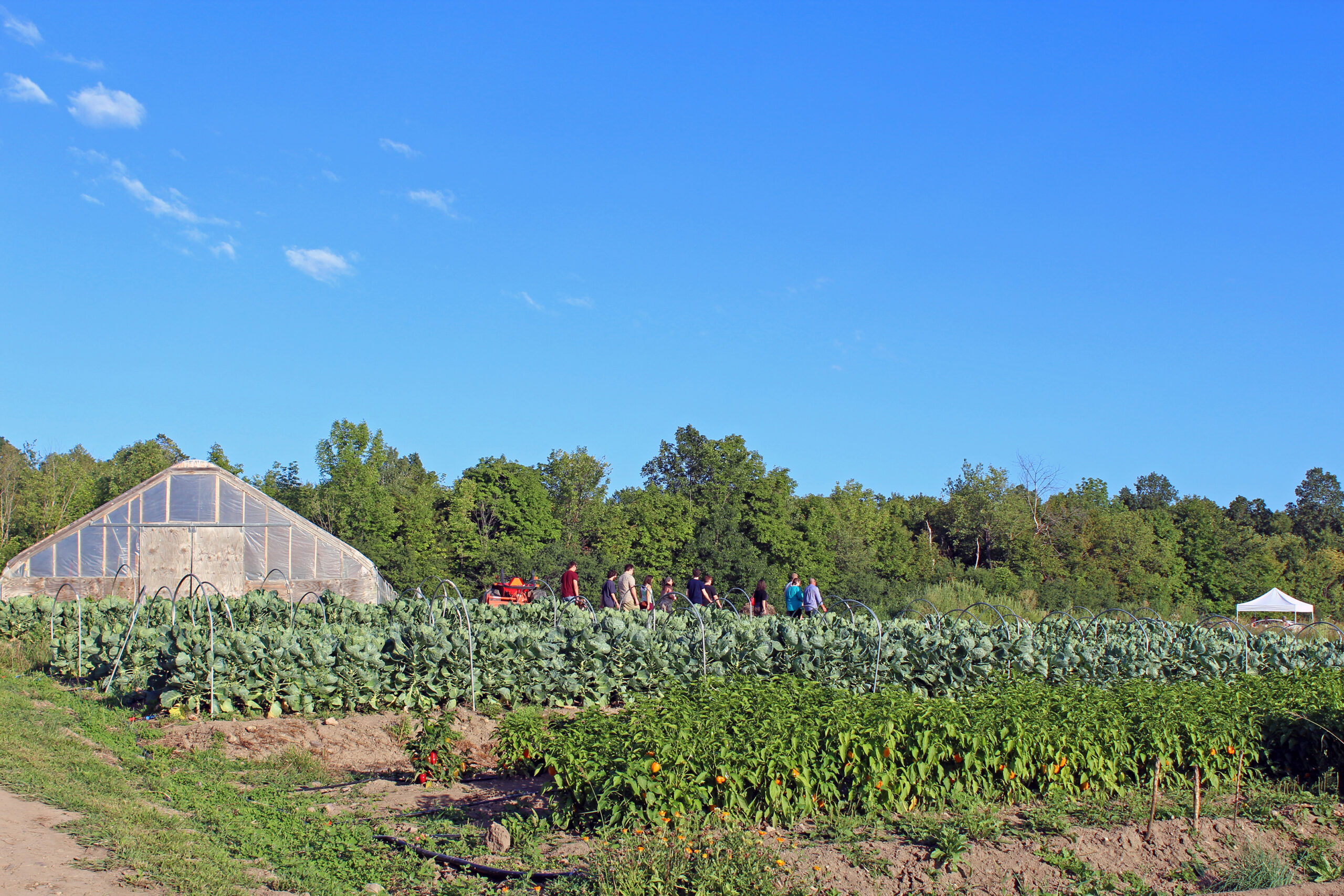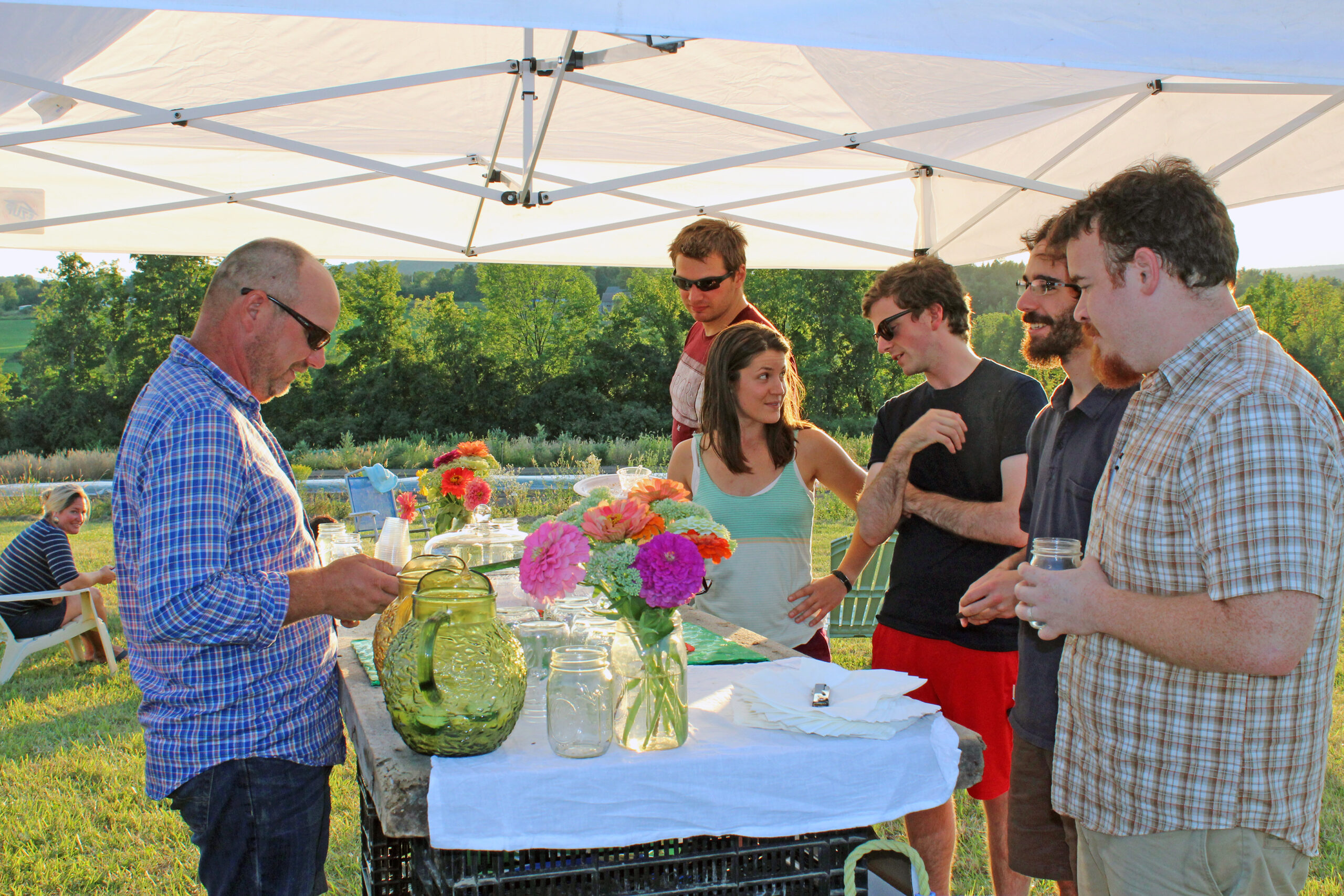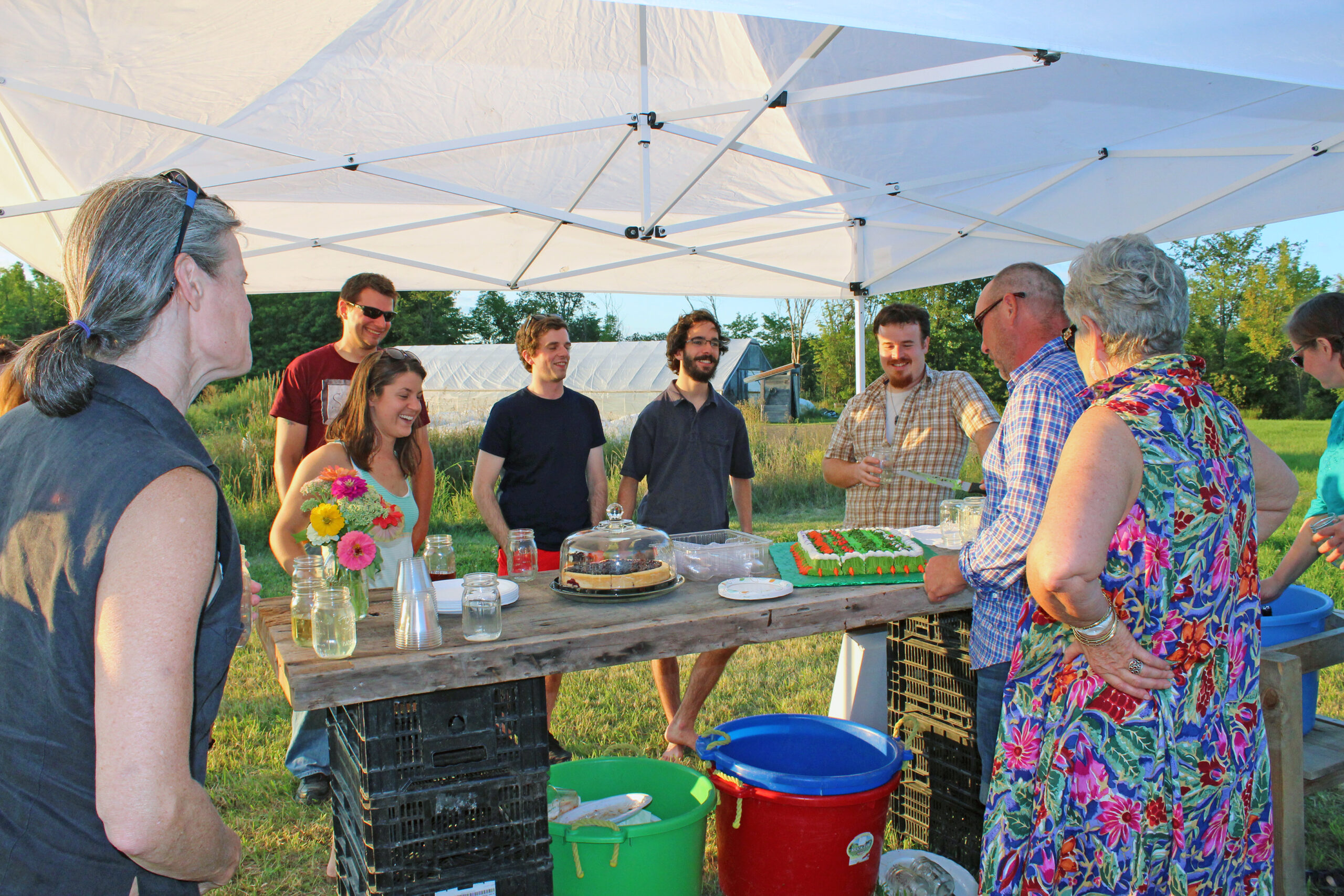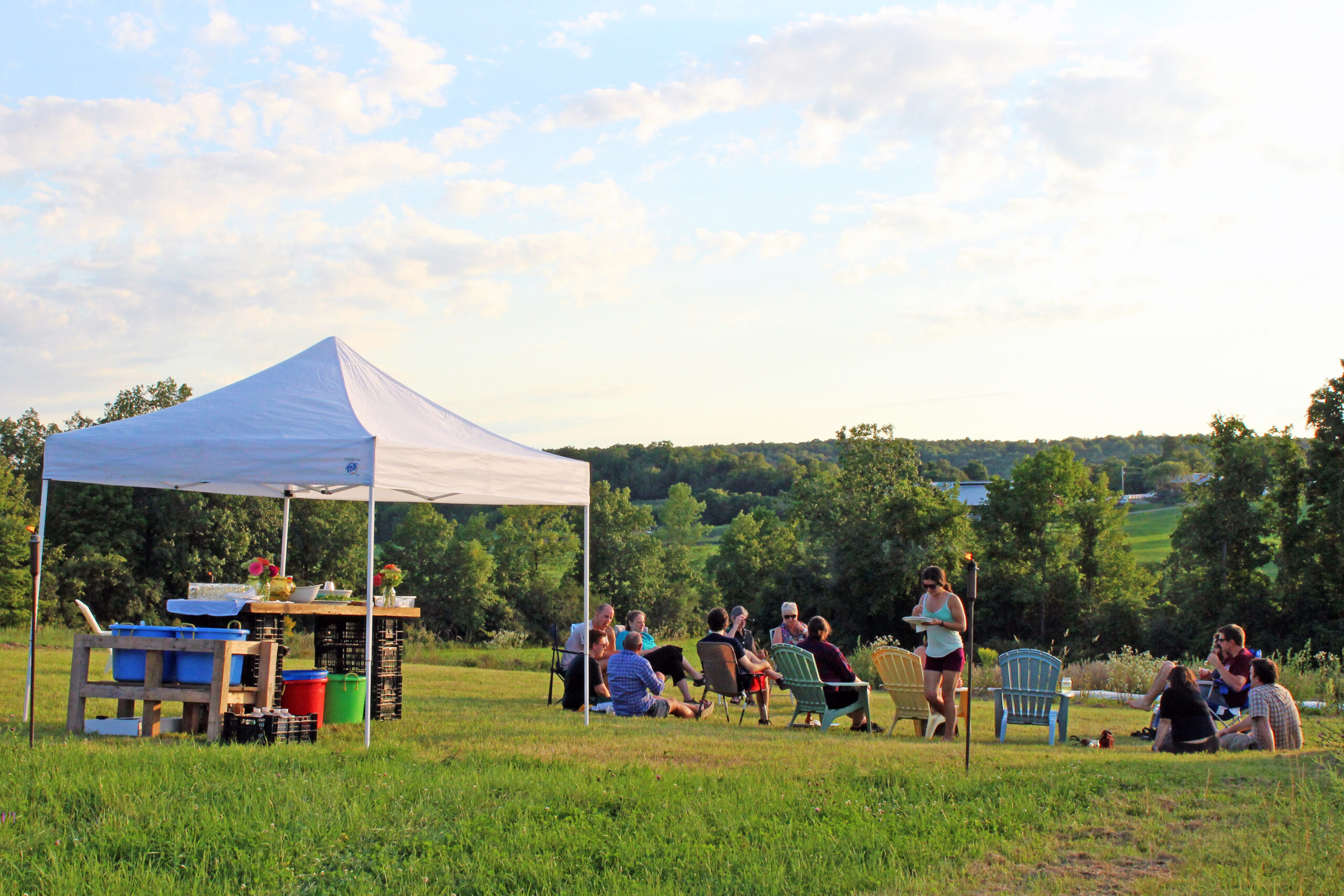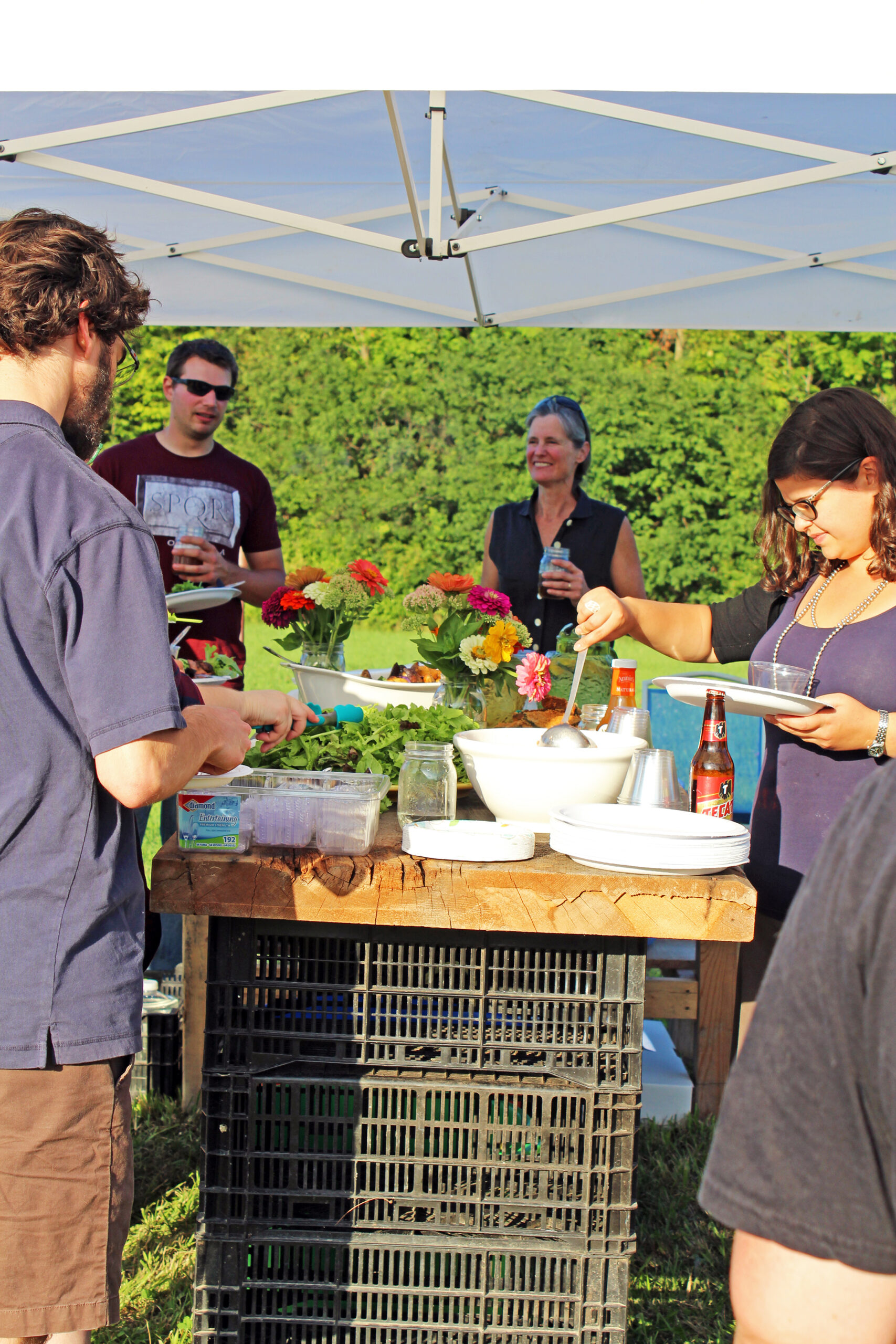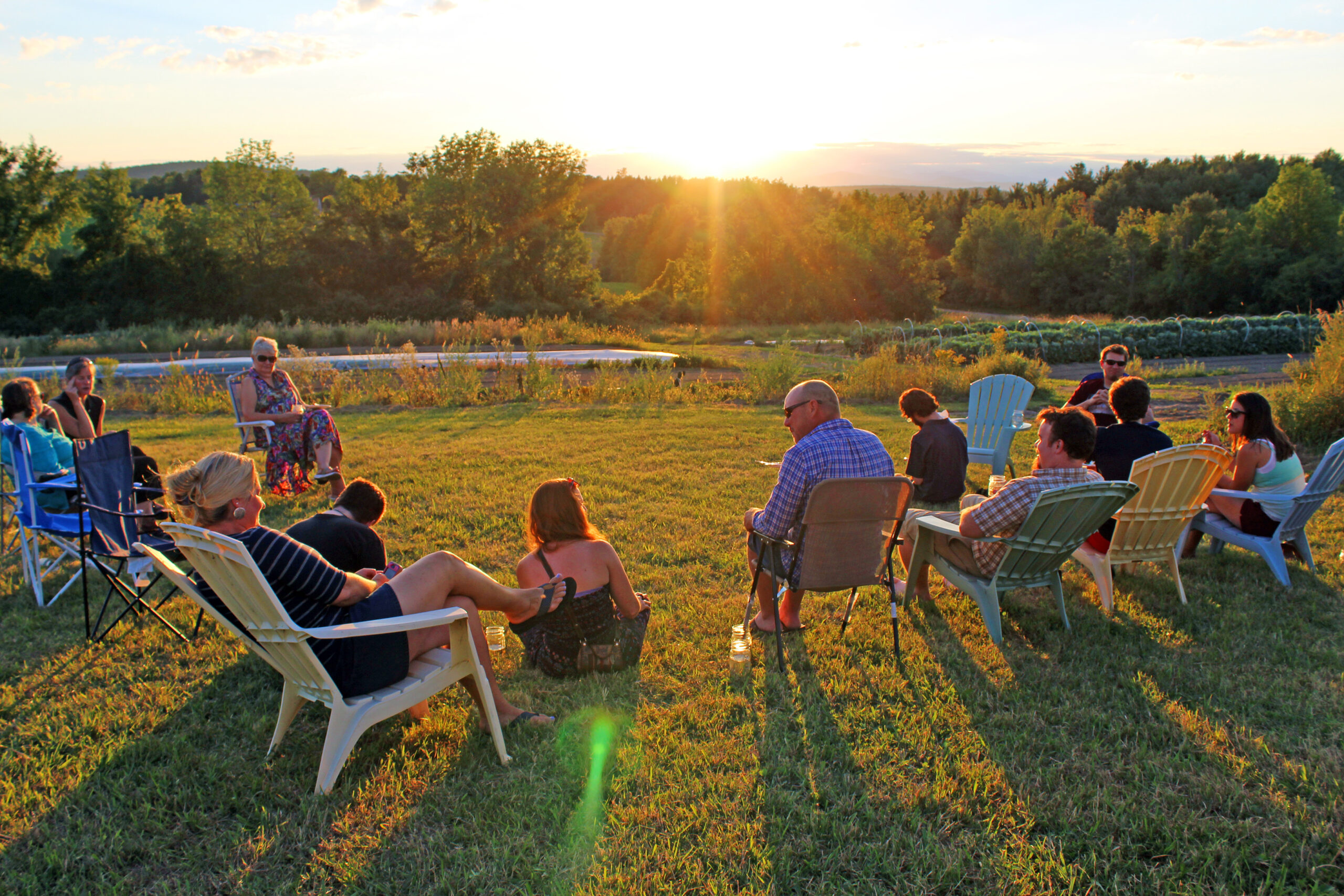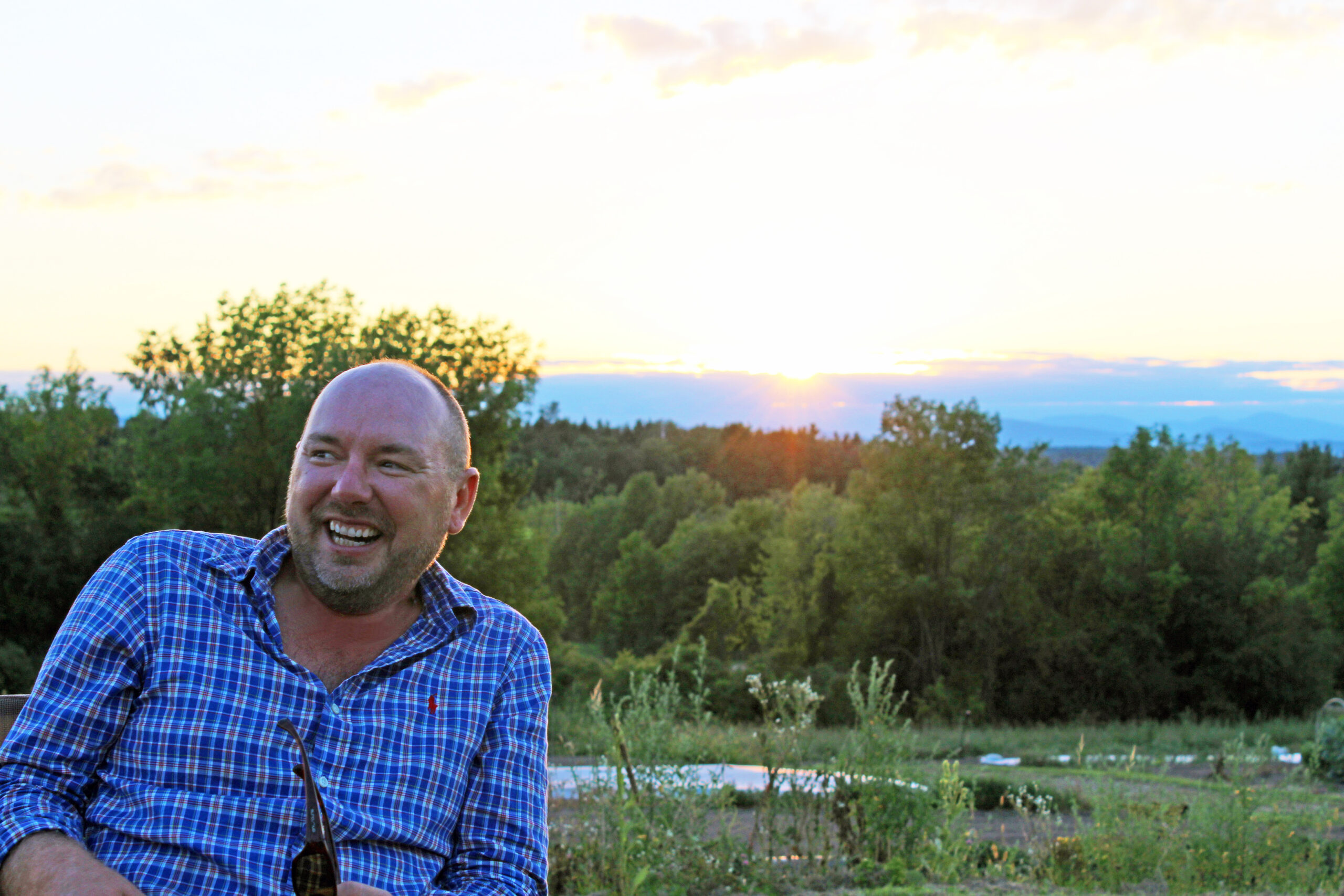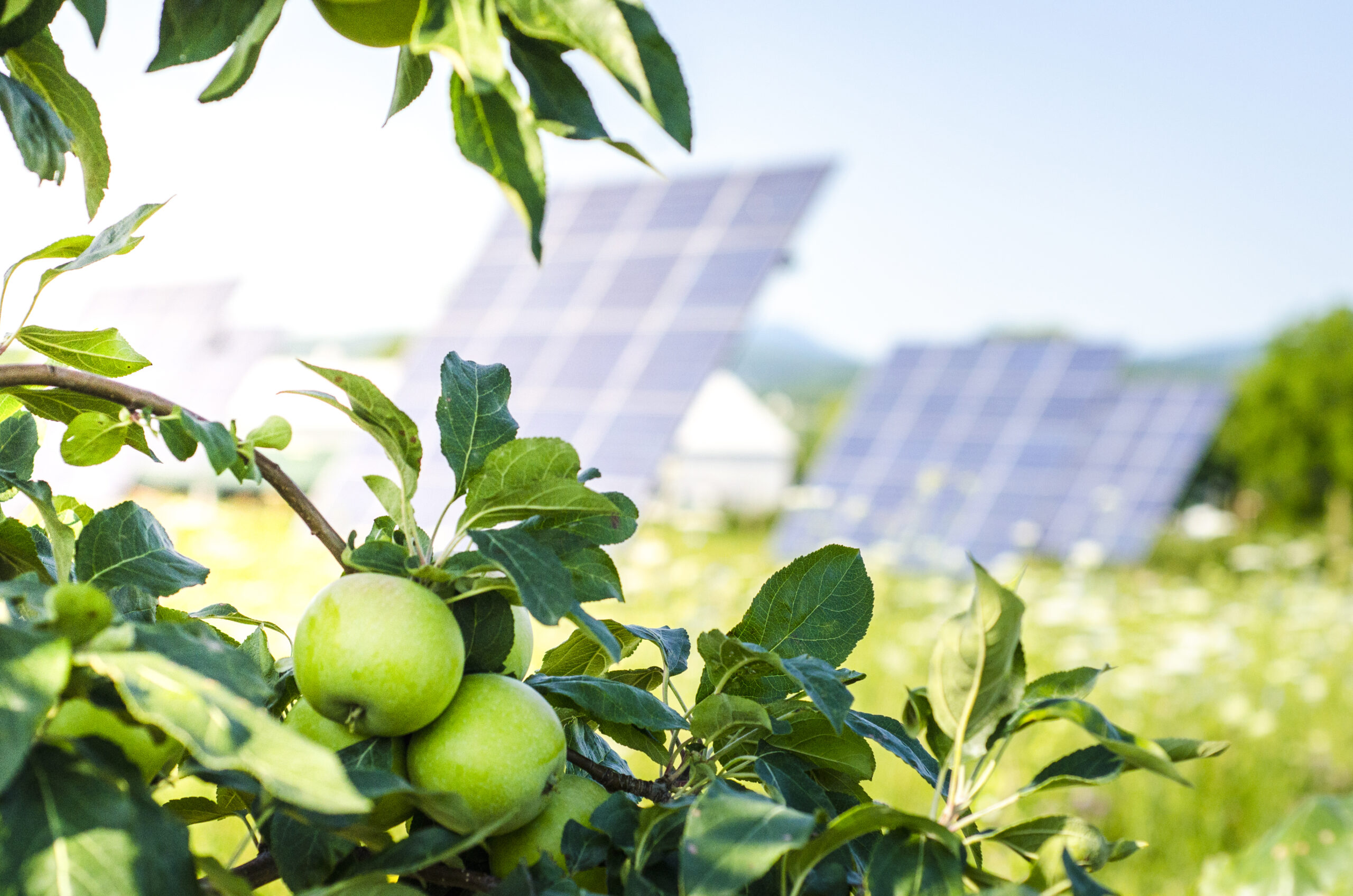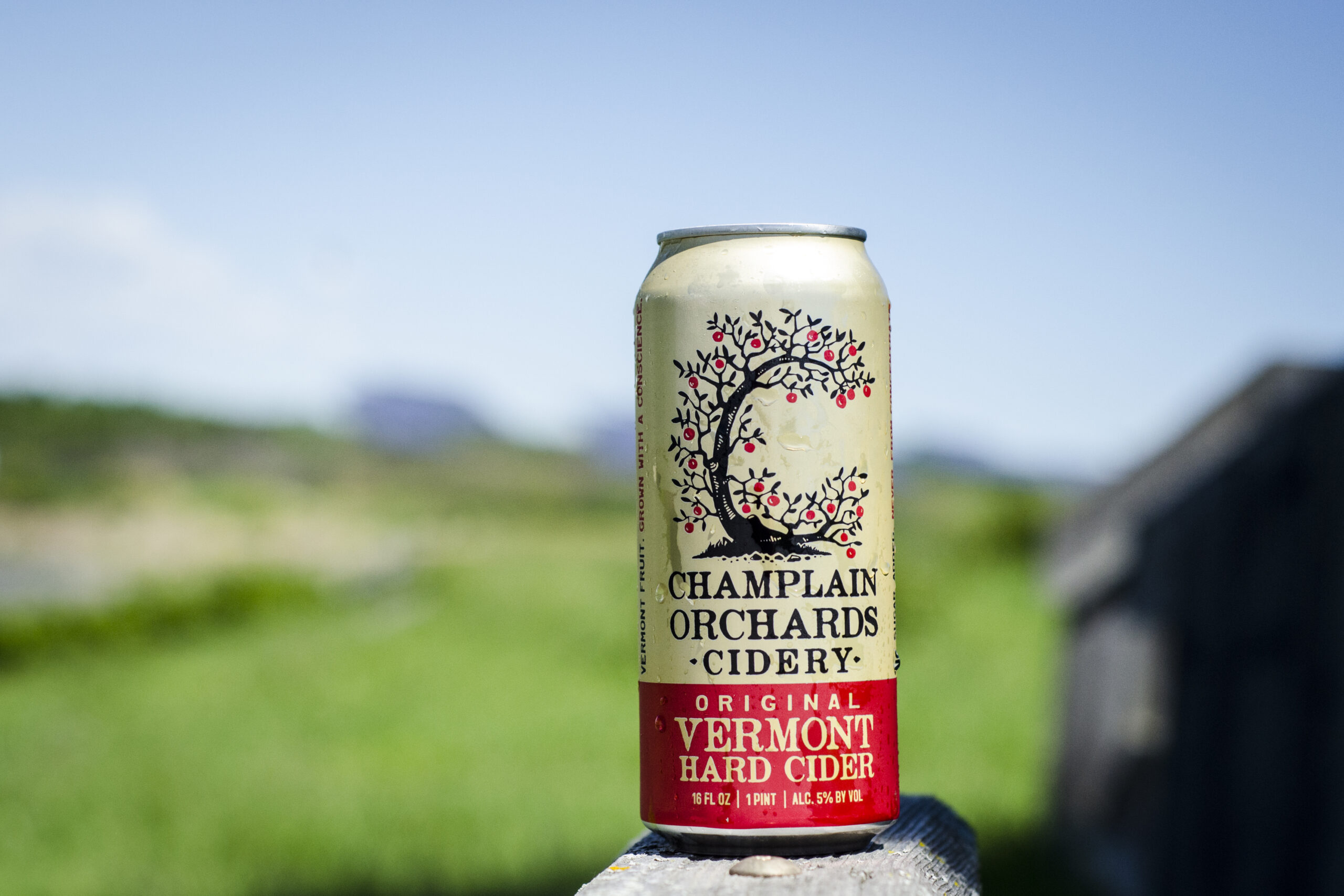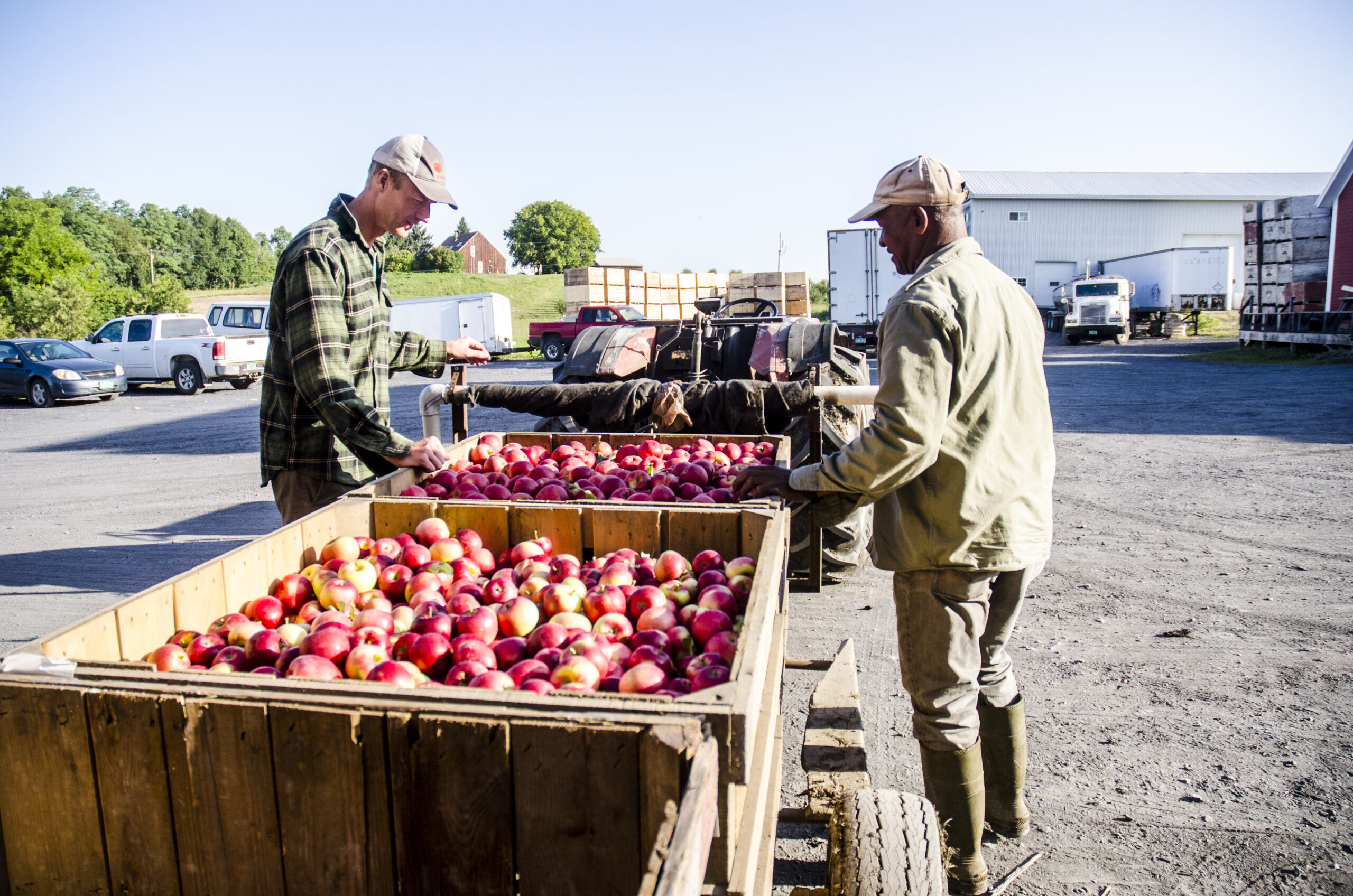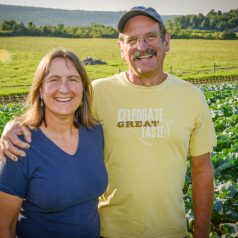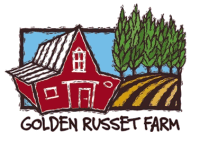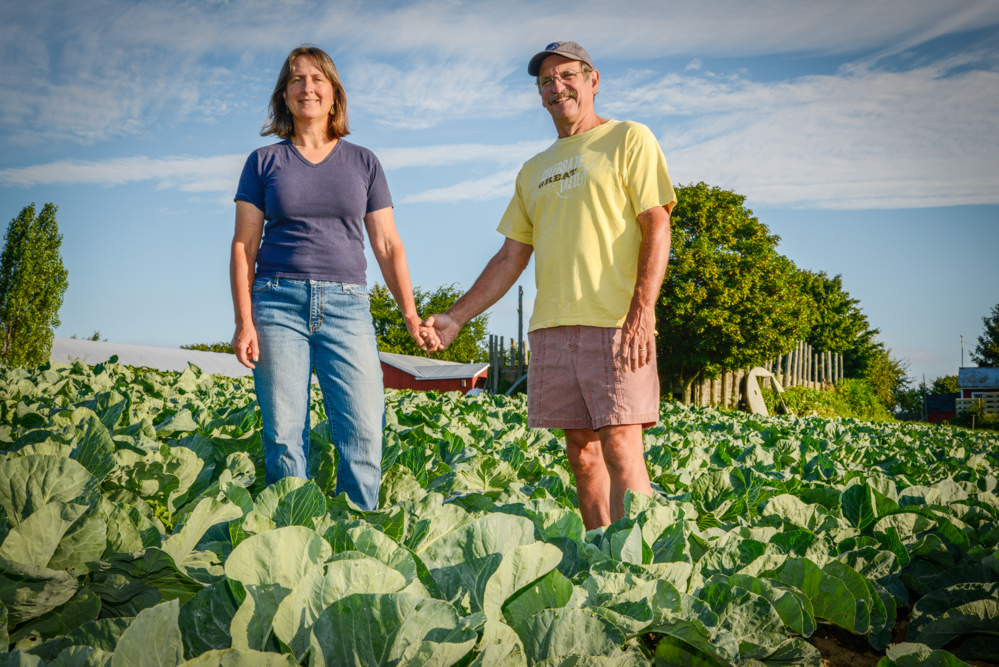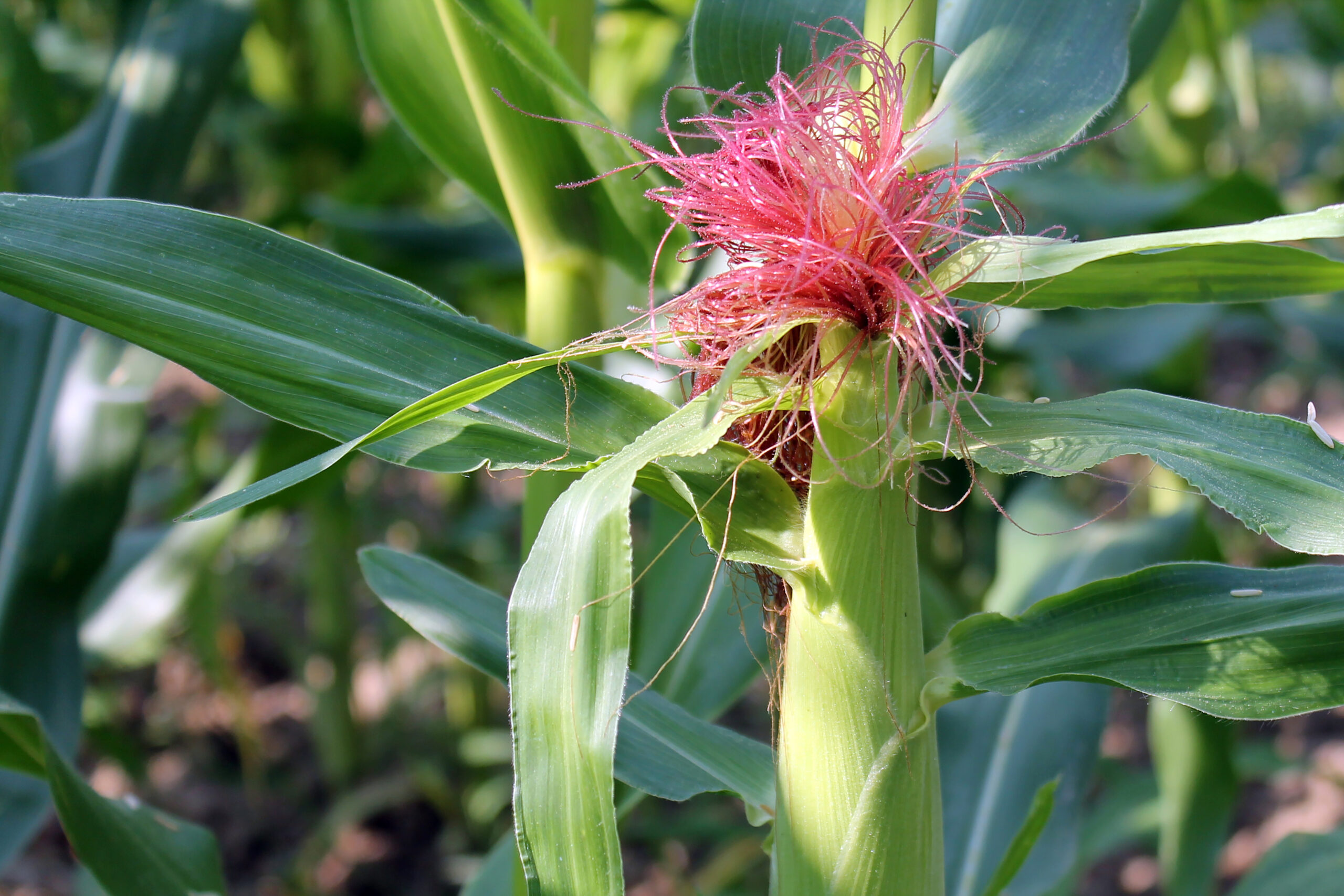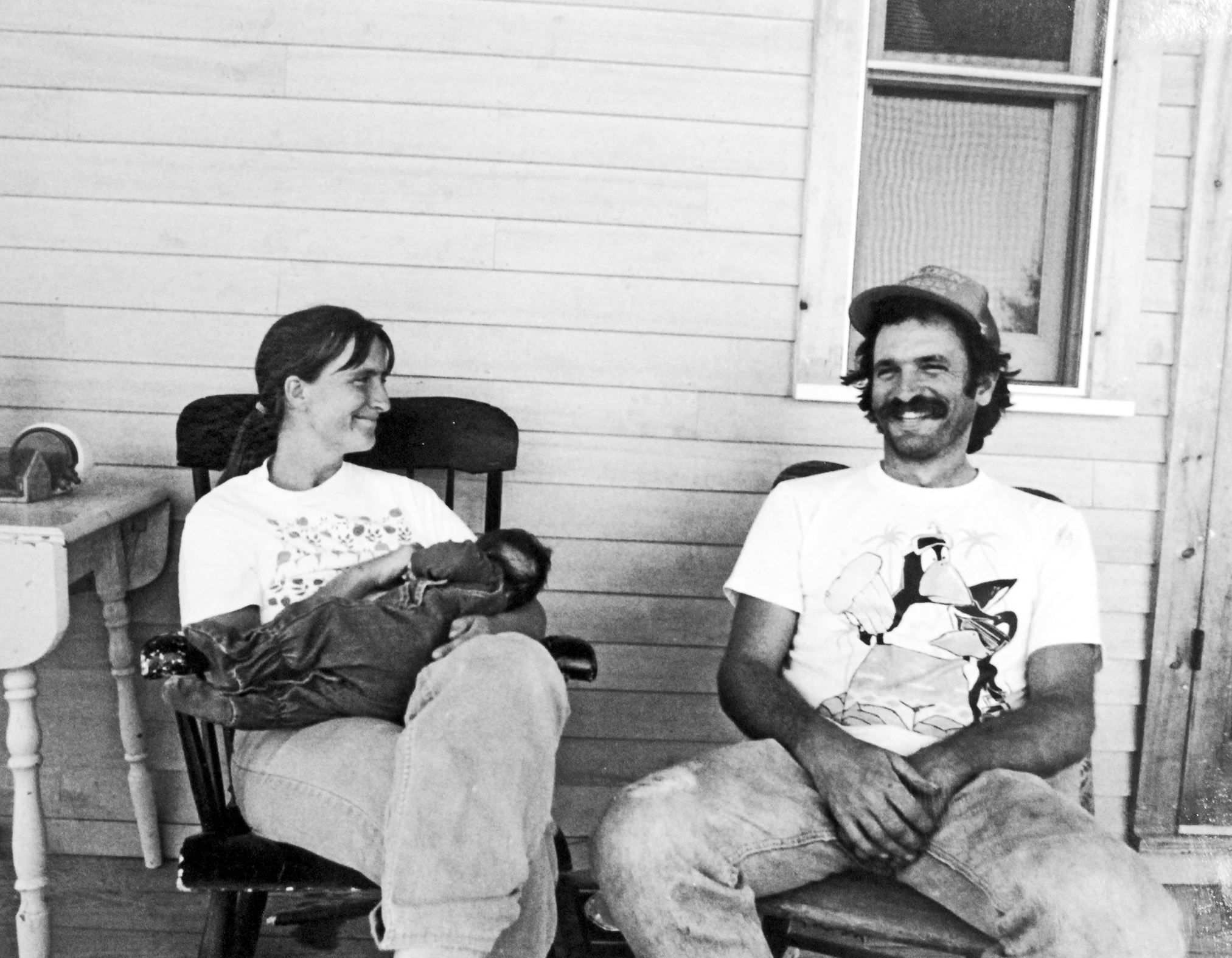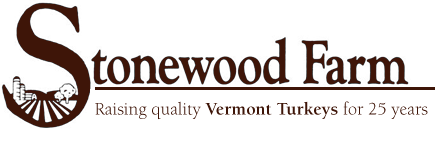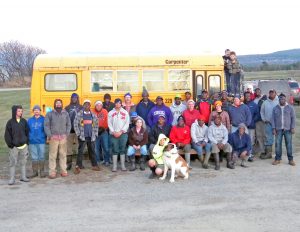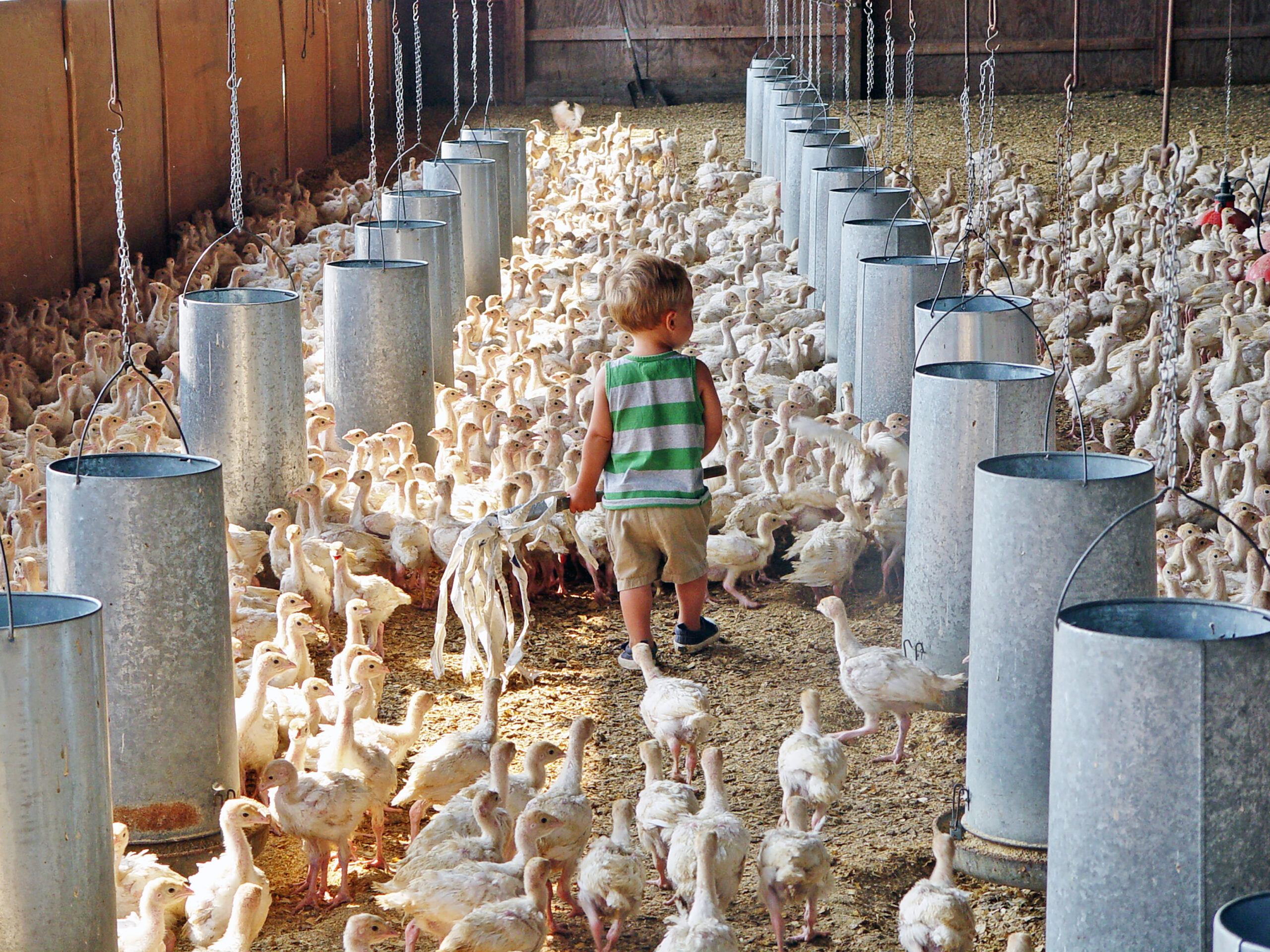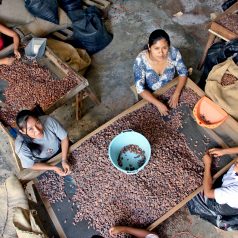
Spotlight on Equal Exchange
October is Co-op Month, Fair Trade Month, and Non-GMO month, so it seemed like the perfect time to shine our Member Deals Spotlight on Equal Exchange – a cooperative that is revolutionizing the fair trade of organic, non-GMO coffee, chocolate, bananas, and avocados. All of their co-op produced, fair trade certified goods are 20% off for member-owners from October 12th – 18th!
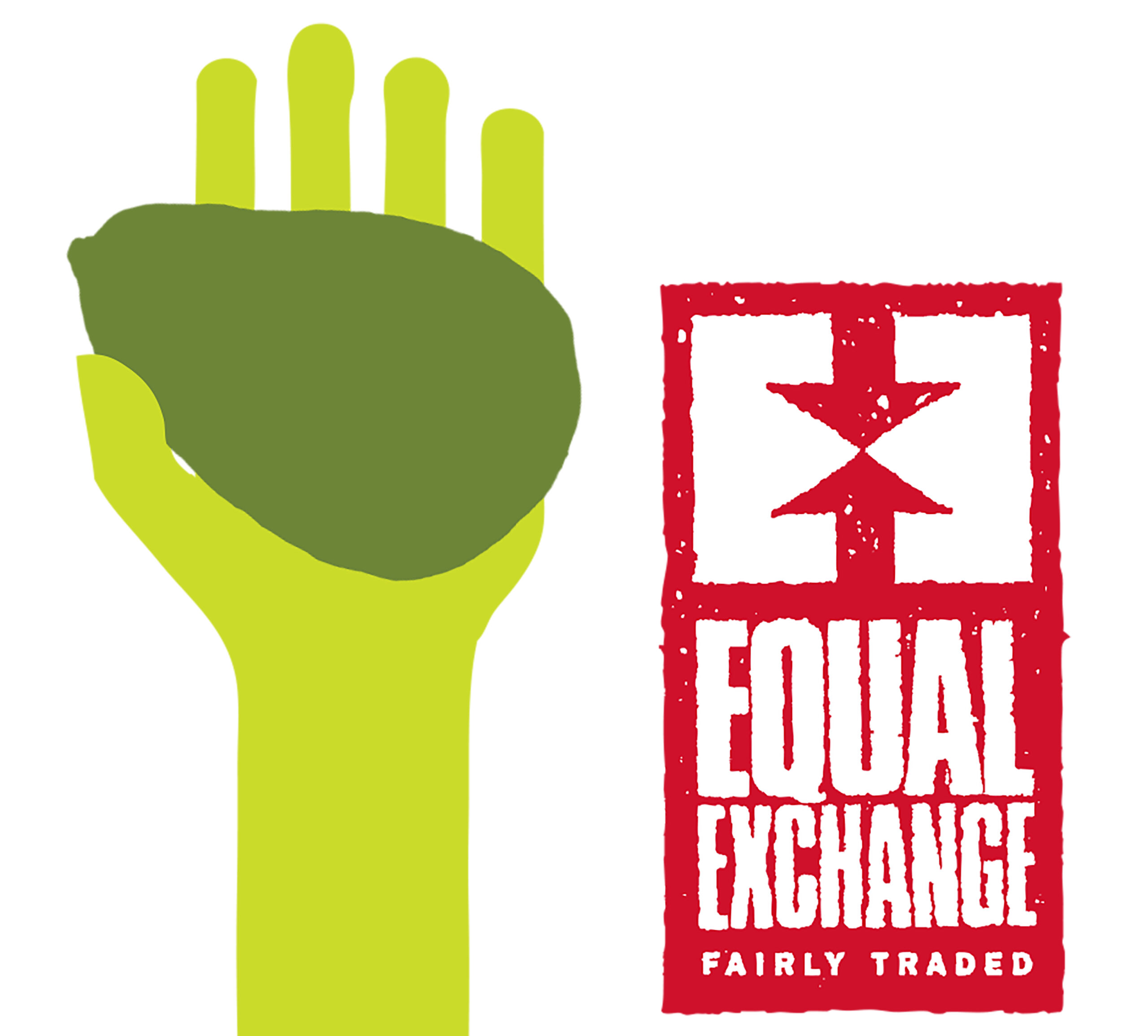
History:
Equal Exchange was started 30 years ago to create an alternative trade paradigm where small farmers could have a seat at the trading table. The existing predominant trade model favors large plantations, agri-business, and multi-national corporations. Equal Exchange seeks to challenge that model in favor of one that supports & respects small farmers, builds communities, supports the environment and connects consumers and producers through information, education, and the exchange of products in the marketplace.
Mission:
Their mission is to build long-term trade partnerships that are economically just and environmentally sound, to foster mutually beneficial relationships between farmers and consumers and to demonstrate, through their success, the contribution of worker co-operatives and Fair Trade to a more equitable, democratic and sustainable world.
Authentic Fair Trade:
Authentic fair trade is central to their mission at Equal Exchange. The fair trade model gives small-scale farmers collective power and financial stability while improving farming communities and protecting the environment. To do so, it utilizes a particular set of business practices voluntarily adopted by the producers and buyers of agricultural commodities and hand-made crafts that are designed to advance many economic, social and environmental goals, including:
• Raising and stabilizing the incomes of small-scale farmers, farm workers, and artisans
• More equitably distributing the economic gains, opportunities, and risks associated with the production and sale of these goods
• Increasing the organizational and commercial capacities of producer groups
• Supporting democratically owned and controlled producer organizations
• Promoting labor rights and the right of workers to organize
• Promoting safe and sustainable farming methods and working conditions
• Connecting consumers and producers
• Increasing consumer awareness and engagement with issues affecting producers
What Impact is Fair Trade Having on Farmers & Their Communities?
Bananas:
According to the USDA, the average American eats 26 pounds of bananas per year. That’s a lot of bananas – and a big opportunity for impact. The banana industry is notorious for low wages and heavy chemical use, causing major health problems across banana producing regions. Together, Equal Exchange and their banana partners are creating a trade model that respects farmers, builds communities, and supports the environment. By buying Equal Exchange bananas, you are choosing to connect yourself to these courageous banana farmers who are making history for themselves, and quite possibly, for the entire banana industry. Click here to read more about the progressive small farmer banana cooperatives that partner with Equal Exchange.
Here’s a look at the impact of your Equal Exchange banana purchases in 2016:
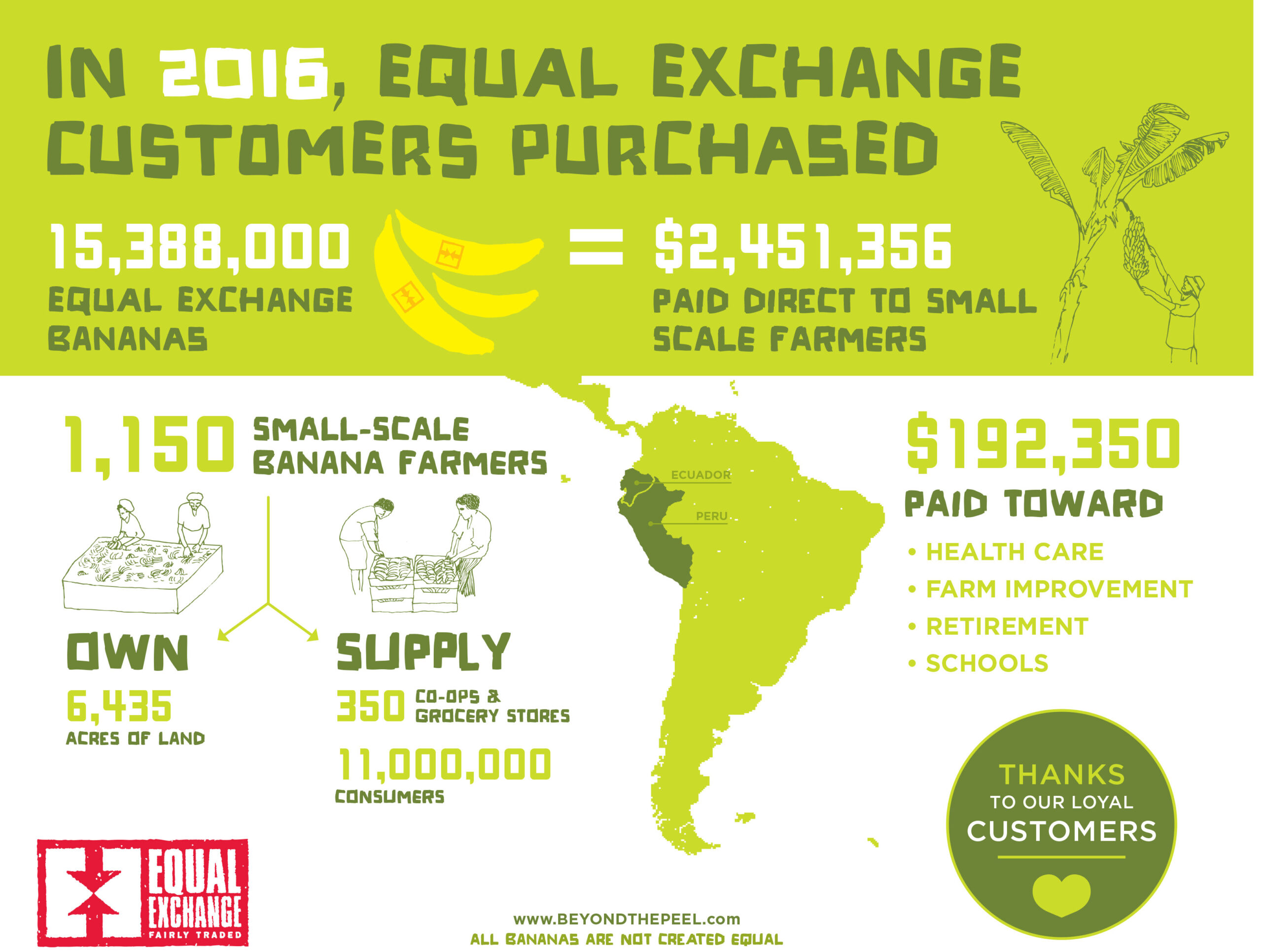
Avocados:
Equal Exchange partners with PRAGOR, a progressive group of small-scale avocado farmers in Michoacán Mexico. PRAGOR is composed of 18 producer members who each own an average of 10-15 acres of land, all 100% organic. This region of Mexico is called “the avocado capital of the world.” However, powerful corporate interests have made it difficult for small-scale farmers to compete. In response, PRAGOR courageously organized and decided they would collectively control the entire process from growing to exporting. PRAGOR’s strength and perseverance is a lesson for anyone committed to working for change in the world!
Here’s a look at the impact of your Equal Exchange avocado purchases in 2016:

Coffee:
This is where it all began! Way back In 1986, the founders of Equal Exchange started their journey with a Nicaraguan coffee — which they called Café Nica — and they haven’t looked back. The impact over the years has been incredible and your purchases of fairly traded coffee have helped build pride, independence and community empowerment for hundreds of small farmers and their families. Their latest project, the Women in Coffee series, highlights women leaders across the Equal Exchange coffee supply chain and represents an opportunity to spark community discussions around Fair Trade, gender empowerment, and relationships across food supply chains. Check out this short documentary to learn more about the Women In Coffee project:
Women in Coffee: Short Documentary from Equal Exchange on Vimeo.

